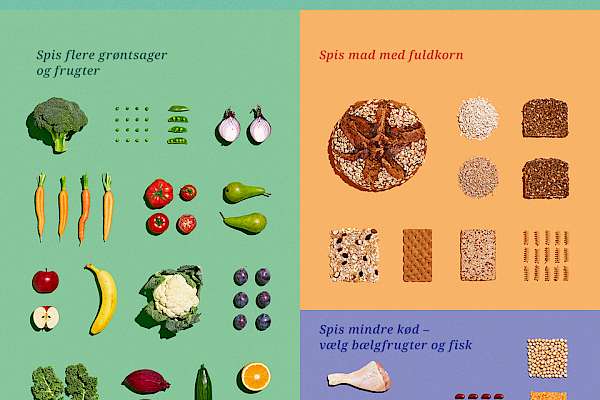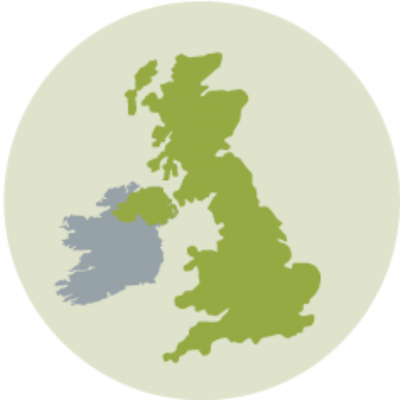Sustainable, healthy food-based dietary guidance must be developed, endorsed and supported through all government departments, from national to local. These new guidelines must underpin policy development in each department, including in food, farming, fisheries and trade, with all policies assessed for their impact on access to a healthy diet. Policies across the board should adhere to and promote the dietary patterns set out in the guidelines.
The Eatwell Guide provides food-based guidance for eating a healthy, balanced diet that meets official nutrient recommendations. The diet promoted on the guide offers a host of health and sustainability benefits at population level. There is a gap between current guidance and what we are actually eating, and as a result current guidelines are measurably more sustainable than current diets.
Modelling research shows that to meet the Government’s nutrient recommendations we would need to reduce red and processed meat consumption by 80%, compensate for that reduction and get more protein from vegetarian alternatives such as beans and pulses, increasing our consumption by 86%, and reduce cheese consumption by 85%. Although limited in their scope, modelling figures give an indication of the scale of dietary change needed.
There is also room for improvement. The Eatwell Guide and associated advice should be updated to explicitly include sustainability. Currently, it is primarily health focused and includes only subtle sustainability messaging. The British Dietary Association's One Blue Dot toolkit provides a good example of how this may be presented, with clear, explicit guidance for no processed meat, reduced animal-based protein and moderate intake of dairy.
Updated guidelines should:
- Integrate sustainability parameters alongside health.
- Model a low impact, healthy diet.
- Include clear meat and cheese reduction advice.
- Include clear messaging and advice on choosing a low impact diet for health and sustainability reasons.


